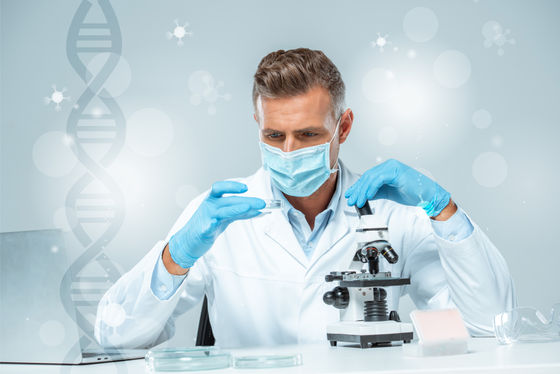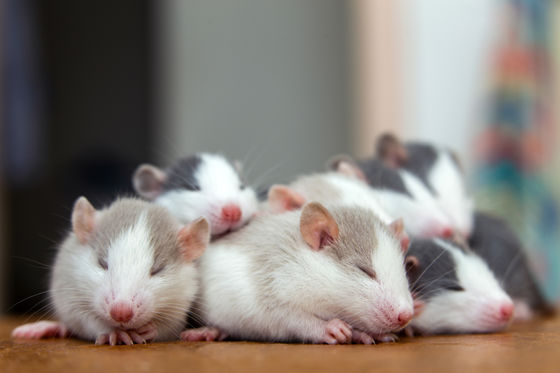The genes of 'short sleepers' who can stay healthy with just three hours of sleep have been discovered

The SIK3-N783Y mutation is associated with the human natural short sleep trait | PNAS
https://www.pnas.org/doi/10.1073/pnas.2500356122
Don't need much sleep? Mutation linked to thriving with little rest
https://www.nature.com/articles/d41586-025-01402-7
Natural short sleepers have a genetic mutation, finds new study
https://medicalxpress.com/news/2025-05-natural-short-sleepers-genetic-mutation.html
Rare genetic mutation lets some people thrive on just 4 hours of shut-eye | Live Science
https://www.livescience.com/health/sleep/rare-genetic-mutation-lets-some-people-thrive-on-just-4-hours-of-shut-eye
In the 2000s, Ying-Hui Hu, a neuroscientist at the University of California, San Francisco, who has been researching sleep for many years, was consulted by a woman and her daughter who were struggling with only getting six hours of sleep a night. When Hu analyzed the genomes of the mother and daughter, he found that they had a rare mutation in a gene that regulates the circadian rhythm , the human body's internal clock.
Since then, Hu and other researchers have identified five mutations related to natural short sleep (NSS) in four genes: DEC2, ADRB1, NPSR1, and GRM1.

Most people need to get 7 to 9 hours of sleep a day, but some people who are 'short sleepers' have a genetic mutation that causes them to be born with shorter sleep times. They can stay healthy on just 3 to 6 hours, about half the amount of sleep they get, and it's even said that trying to sleep as much as a normal person can make them feel unwell.
To better understand the role of genetic variation in regulating sleep, in their new study, Hu and her team recruited volunteers in their 70s who led healthy, active lifestyles, and used interviews and wrist-worn sensors to collect the sleep patterns of short sleepers who volunteered.
The wrist-based Active Brain tracker confirmed that the women were only sleeping an average of 6.3 hours a night, double the three hours that the women self-reported, but still less than the average person's sleep needs.

The research team then took a DNA sample from the woman and analyzed her genome. As a result, they found a mutation in the gene for the enzyme 'salt-inducible kinase (SIK3)' that is involved in the control of metabolism and sleep, 'SIK3-N783Y.' Interestingly, a Japanese research team has previously
Furthermore, when the research team investigated this gene mutation in an animal model, they found that genetically modified mice with the SIK3-N783Y mutation had a standard sleep time that was about 31 minutes shorter, and that when they were sleep deprived, their standard sleep time was shortened by up to about 54 minutes. This confirmed that SIK3-N783Y is indeed associated with short sleep duration.
Considering that mice generally sleep 12 hours a day, the reduction in sleep time of only one hour is a small change compared to the natural short sleep (NSS) of short sleepers in humans, suggesting that the SIK3 gene mutation may not be the main cause of the reduced need for sleep, experts believe.
The newly identified mutation, SIK3-N783Y, is one of several that researchers have linked to reduced sleep time. Understanding the genes involved in NSS may lead to better treatments for sleep disorders.

'These findings advance our understanding of the genetic basis of sleep and further inform potential therapeutic strategies to improve sleep efficiency,' the team wrote in their paper published in the Proceedings of the National Academy of Sciences of the United States of America (PNAS).
Related Posts:
in Science, , Posted by log1l_ks







